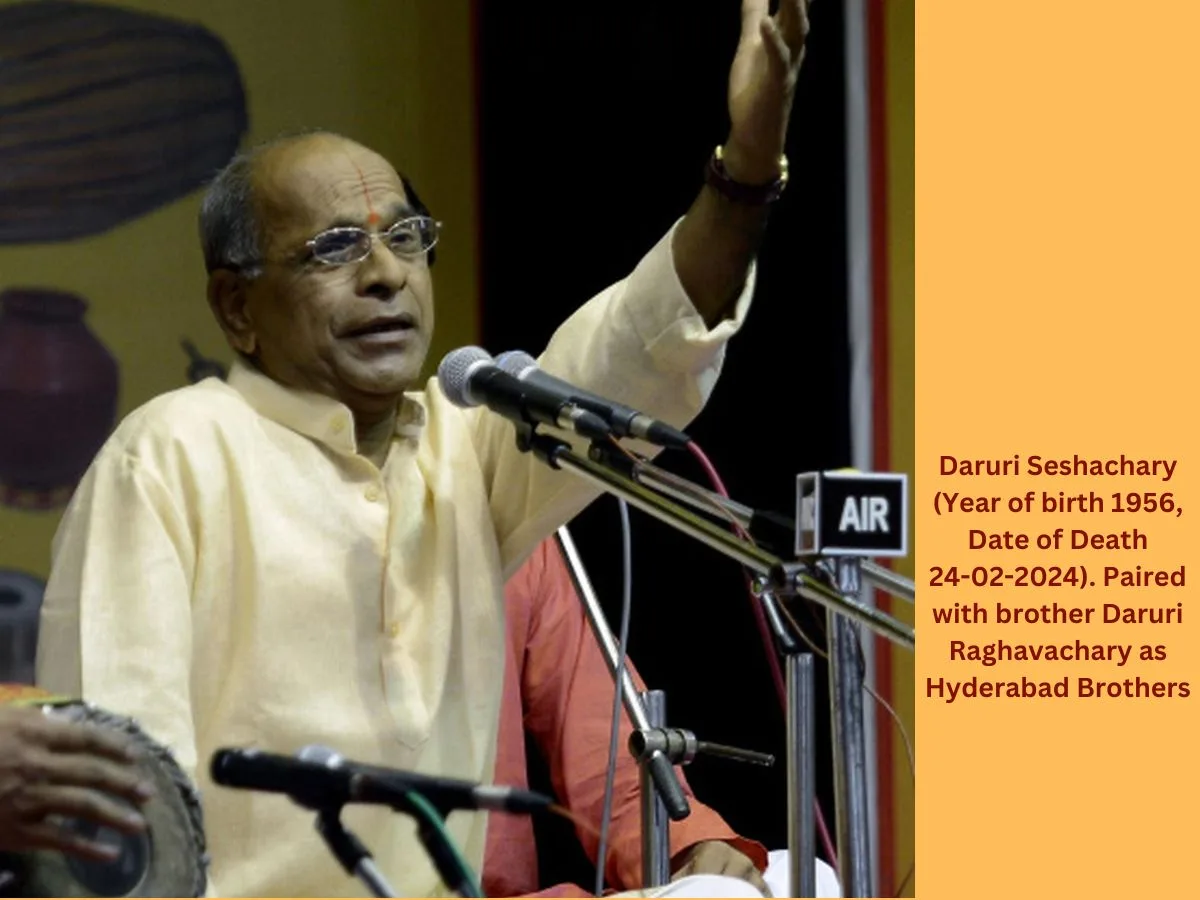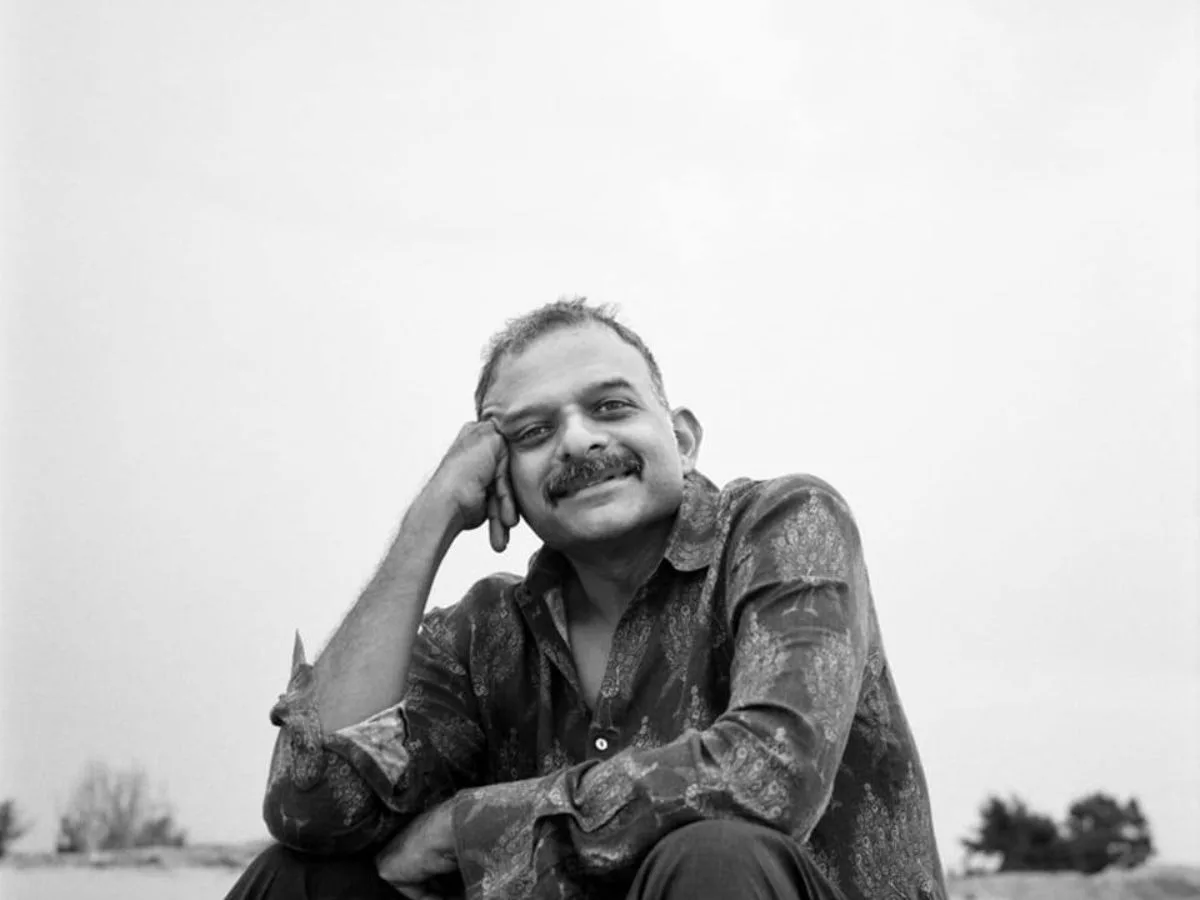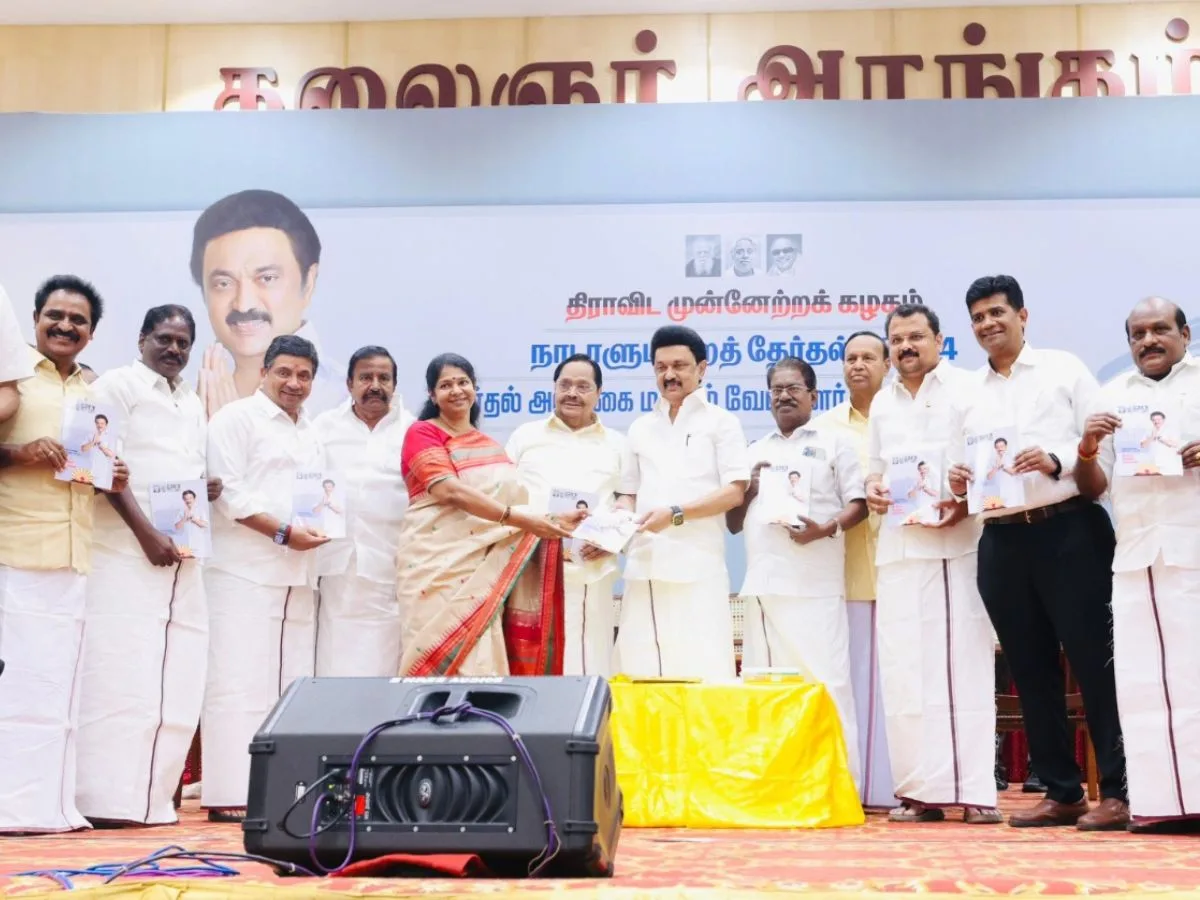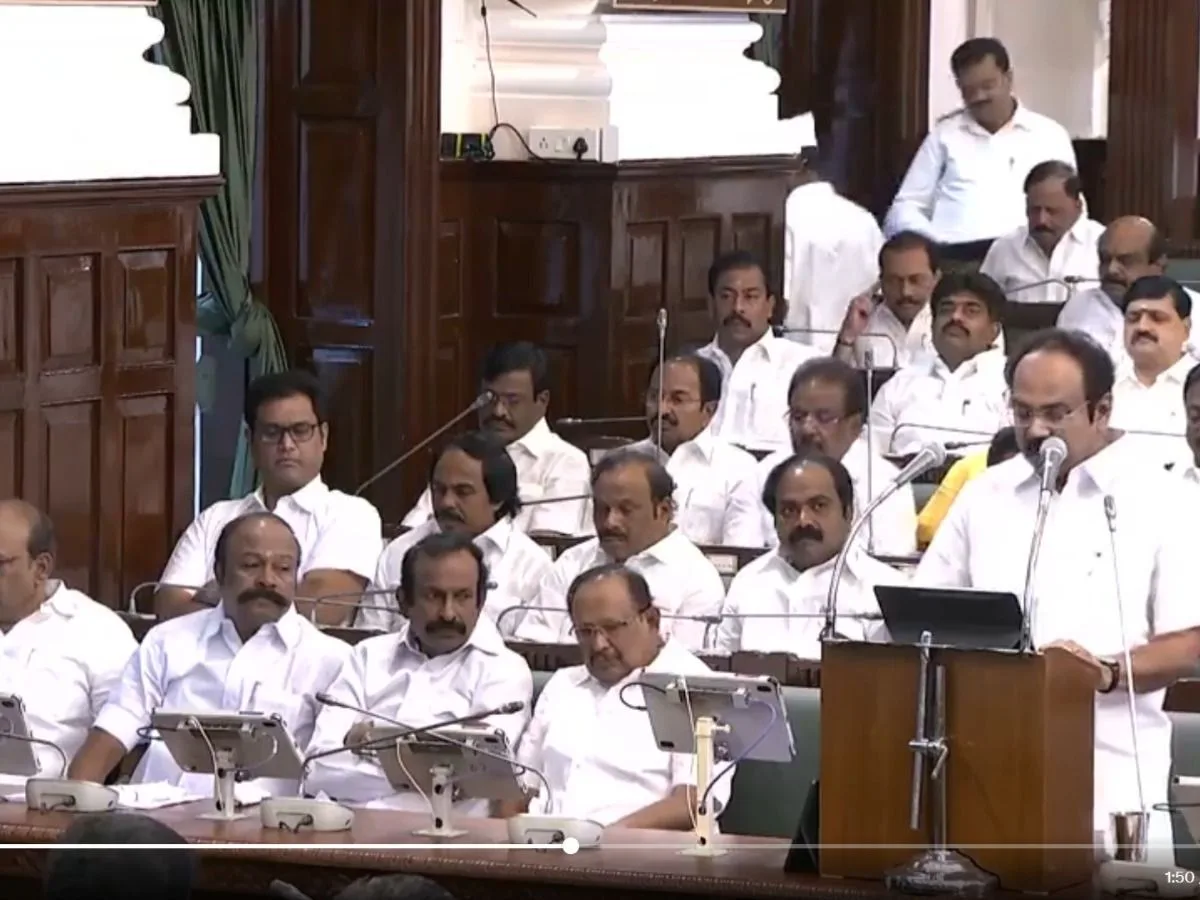Read in : தமிழ்
Most journalists start as beat reporters, reporting on crime, politics, corporation and so on. They retire from a senior editorial position. V Sudarshan held top editorial positions in various newspapers and after retirement became a crime reporter. His book, Kutramum Karunaiyum, the Tamil translation of his forthcoming English work, Tuticorin: Adventures in Tamil Nadu’s Crime Capital Chronicles
Speaking at the function organised by the Tamil publisher Kalachuvadu in Madurai to mark the release of Kutramum Karunaiyum recently, Sudarshan said he was assigned different beats like the Ministry of External Affairs (MEA) that gave him stories that were far removed from the reality of life. “Everything would be a fairy tale,” he recalled speaking to Inmathi.
However, a contact that he made at the MEA when he worked in New Delhi years ago enabled him to return to where his heart was. Sudarshan’s friendship with Anoop Jaiswal, whom he met while the latter was Deputy Director at the Intelligence Bureau, continued even after both of them left New Delhi.
In the middle of 2007, they caught up again in Chennai when Jaiswal was state intelligence chief and Sudharshan was the executive editor of an English daily. Since it was also a period of turmoil (2009) with Tamil Nadu witnessing protests by students and political parties demanding that India withdraw support to Sri Lanka in its the war against Eelam Tamils, they had many animated discussions.
“Sudarshan first approached me to write a story about the Supreme Court judgment against my dismissal from the Indian Police Service when I was a probationer in the National Police Academy for sneezing in the class and for turning up a few minutes late for the morning parade on a rainy day,” the retired senior officer recalled.
Sudarshan’s friendship with Anoop Jaiswal, whom he met while the latter was Deputy Director at the Intelligence Bureau, continued even after both of them left New Delhi
Jaiswal’s response to the NPA accusation that the real reason for his dismissal was that he had criticised the feudal mindset of the training officer at the Academy. “Here is a man who would not take things lying down when the system spurted him out like eating an orange and spitting out pips. He [he] fought back,” Sudarshan said.
Jaiswal’s fight in the Supreme Court that brought him back to the IPS is narrated in the book’s chapter titled `Misfit’; but every chapter tells a true story of valour, compassion, humanism or innovation based on incidents during Jaiswal’s tenure as Superintendent of Police of Thoothukudi district.
Also Read: Remembering Akilan, Jnanpith award winner, on his birth centenary
The book took shape when the author approached the police officer again, looking for a murder story. By this time, the author had completed his stint with the newspaper and focused entirely on writing his book. It was again a time of turmoil as the Covid-19 pandemic had created havoc in the country. “He would come with a long mike and a recorder to my house at Kilpauk every afternoon and both of us sat at a distance (observing Covid protocol) and discussed various characters I encountered in my career as a police officer,” said Jaiswal.
During the discussions, Jaiswal remembered his various encounters with underprivileged people who had brushes with the law during his tenure as SP of Thoothukudi. “Those who were projected as hardcore criminals were victims of the environment. They were excellent in character,” he recalled.
On the writing of the book, Sudarshan said, as a journalist, one has to be exceptionally good at the art of listening. “You listen to the stories, and the rest is writing of it,” he said. “We had the context, which is the district (Thoothukudi). Those people are not educated, and when they approach the police station, it is another world for them. Their first contact is a police officer, and it is their defining experience,” he said.

For a journalist, this book will help to understand the craft. As the author puts it: “I have done nothing in this story except to report. It is a piece of reportage”.
The 18 other stories in the books narrate these experiences of subalterns. One story chronicles institutional crime, of a woman who received pension decades after her husband, a policeman during British rule, had died.
The reader may ask how a police officer can be upfront and compassionate to criminals. In the chapter Meen Kulambu Soru (Rice and fish curry), the author explains how Jaiswal had adhered to the law while dealing with a criminal, Antony Murugan, but at the same time saved the life of his wife by arranging medical treatment.
Also Read: Son donates book collection of writer Sa Kandasamy to library
Even though the book is set in Thoothukudi and is redolent of its culture and practices, Sudarshan said the characters in the story were universal. “You will find similar characters in Gorakhpur, the birthplace of Jaiswal, Assam, or any other place because human conditions are the same everywhere in rural India,” he said. Mr. Jaiswal agreed with that.
The 18 other stories in the books narrate these experiences of subalterns. One story chronicles institutional crime, of a woman who received pension decades after her husband, a policeman during British rule, had died
For a journalist, this book will help to understand the craft. As the author puts it: “I have done nothing in this story except to report. It is a piece of reportage”. And for the police officer, the book says they should represent the law and Constitution, not the executive. “They should understand their prime responsibility is public service, not government service. And they should develop karunai (mercy) – seeing things from the other’s perspective. One [police officer] shouldn’t lose sight of it,” said Jaiswal.
“Police personnel’s understanding of the law should be as good as a judge because they are the first court of justice in the field,” he pointed out.
The Madras High Court Judge G.R. Swaminathan who released the first copy of the book was so excited about the book that he promised to finish reading it in a night and then contact the author. The English version of the book is expected to be published in October or November this year.
Read in : தமிழ்











